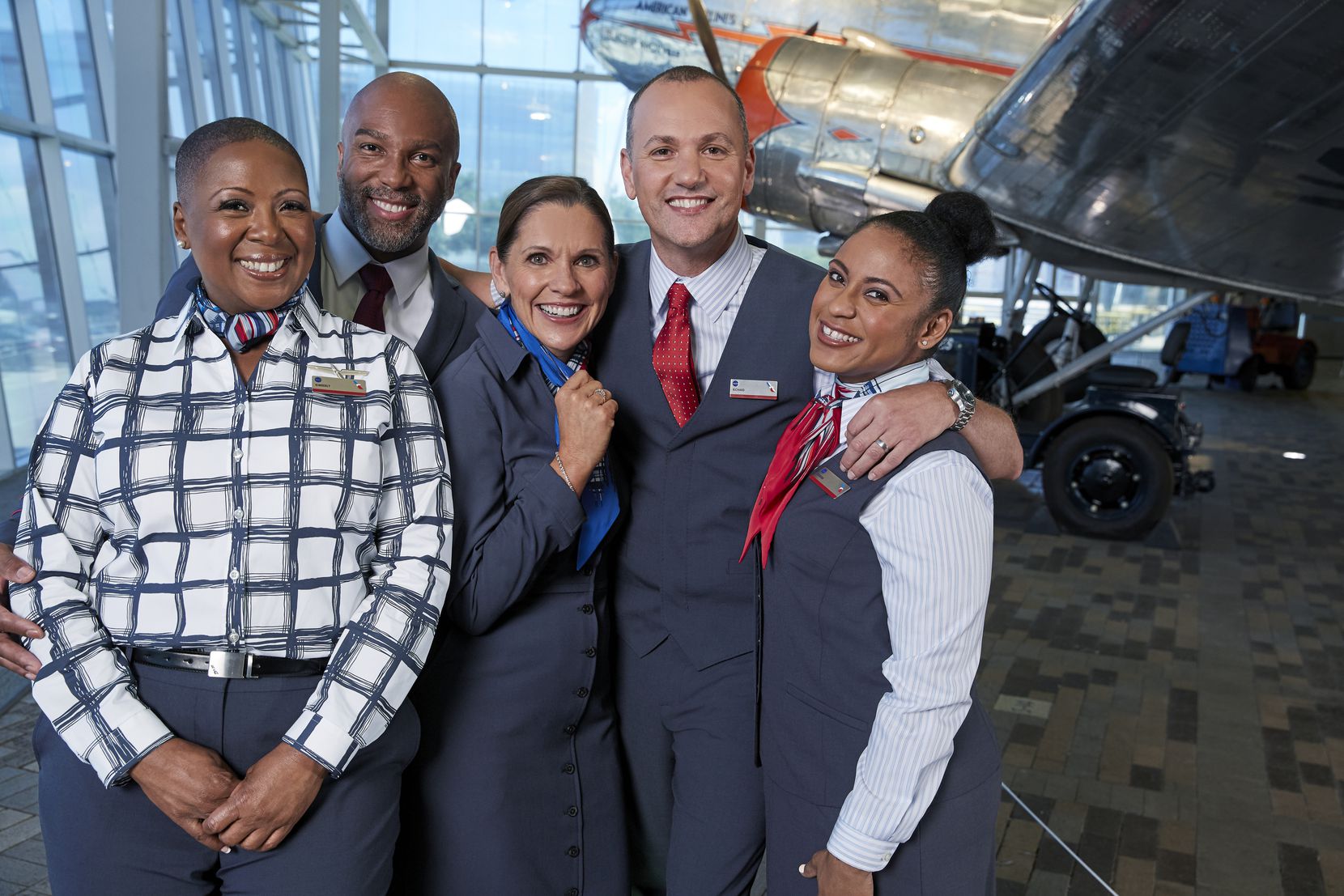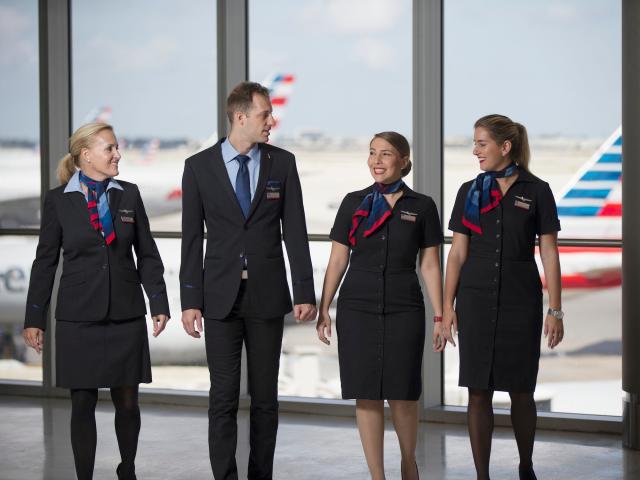Should you know someone who is employed by an airline, it is most likely that you have overheard them discussing the advantages of their flying perks. There are a lot of requirements that must be met in order to get "free" travel to any destination that the airline or its partners fly to, which is one of the benefits of working for an airline.
Being able to travel for free as an employee of an airline
The most essential aspect that has to be clarified is that airline workers are responsible for paying for their travel expenses, unless they are traveling to and from work. They are liable for paying the taxes and fees that are associated with their tickets, even if it is possible that they are not responsible for covering the transportation costs that you would typically pay to travel.
Employees of airlines that are traveling for personal reasons are referred to as "non-revenue passengers." As a result of the fact that the airline does not generate any revenue from them, they are ranked lower on the priority list than the revenue passenger with the lowest income (including those who are going on award tickets). Since the majority of airline personnel are also on standby, they won't find out whether they are going to be able to make it on a trip until after all of the other passengers have boarded the aircraft. If they are flying on international flights to locations that the airline only services once per day and the aircraft is full, they will have to try again. However, if they are traveling on routes that are not very popular, there should not be any problems or difficulties experienced. It is possible for standby travel to wind up being rather expensive for them if they have already paid for their hotels or excursions.
On an international itinerary, the taxes and fees alone might amount to hundreds of dollars since they include security costs, foreign fees, and fuel surcharges. This is true even when taking into account the advantages that they provide. However, despite the fact that their overall travel expenses are often lower, they are not given the opportunity to fly for free.
One piece of encouraging information for workers is that, depending on the circumstances, any seat may be up for grabs. In the event that there is a seat in first class or business class that has not been taken, it is possible that they will be able to sit in that seat for the same "price" as flying in economy class, or for a very little additional fee. Although there is no assurance, passengers who use upgrade certificates or miles to move up to the next cabin have a better priority. However, there is no guarantee that this will happen.
Airline employees' friends and family members are eligible for travel discounts.
There are instances when family members and friends are able to participate in the "non-revenue passenger" journey. The regulations and processes that an airline puts in place for an employee's "non-revenue" visitor might vary from one airline to another, and can range from buddy passes to full-out booking choices. In the United States, the following are the policies of four major airlines.
Policies regarding the American Airlines Buddy Pass
Employees of American Airlines who meet certain requirements are eligible to get complimentary flights, along with their registered guests and companions. In addition, retirees who meet the requirements of the "65-point plan" (consisting of a minimum of ten years of active duty and the retiree's age plus the number of years of service must equal or exceed 65) are eligible for "non-revenue" travel. If you choose to fly in business class or above, you will be required to pay an extra cost, which may vary depending on your route. When it comes to premium domestic travel inside the United States, the fees are determined by the distance traveled, however premium cabin fare for overseas travel is a fixed charge that is determined by the destination.
Concerning acquaintances or companions who are not parents, spouses, or children, what are your thoughts? It is the policy of American Airlines to provide a certain number of "buddy passes" to workers who meet the requirements each year. In comparison to American workers on vacation, other employees and qualified travelers, retirees, and parents, passengers who are traveling with a buddy pass are given a lesser priority for boarding.
Last but not least, American Airlines workers have the option of purchasing full-price tickets, which are then eligible for a twenty percent reduction on the employee price. This kind of ticket is called a full fare ticket and guarantees a seat assignment.
The Policies of the Delta Buddy Pass
An employee of Delta is able to extend their travel rights to their friends and family, much as an employee of American Airlines. On the other hand, according to their Dallas-based equivalent, the policy that governs its use is different.
Following a period of thirty days of successful employment with Delta, workers are granted permission to make use of their free travel advantages in order to tour the globe. In addition, parents, spouses, and children who are dependent on them and are under the age of 19 (or 23 for full-time students) may be eligible for reduced-rate travel. However, this does not apply to everyone; the only people who are eligible for reduced-rate travel are children who are not dependent on their parents, travel companions, extended relatives, and guests.
At the time of boarding, everyone is placed on standby, regardless of whether they are traveling with a Delta buddy pass or as part of an airline program. If there is still space left after all of the other passengers have been tallied, then the benefit fliers will be allowed to board the aircraft. Domestic flights are said to be "free" on the employee perk website; nevertheless, travel to overseas locations is subject to costs levied by the government and airports.
Policies Regarding the Buddy Pass on Southwest Airlines
Southwest Airlines customers are permitted to have the opportunity to secure open seats on flights as part of their benefits package, despite the fact that the seating arrangement is open sitting.
Southwest employees are entitled to extend their travel advantages to their spouses or committed registered partners, qualifying dependent children who are 19 years old or younger (or 24 years old if they are full-time students), and parents. Employees are also eligible to obtain free and unrestricted travel privileges throughout their employment with Southwest. Southwest has partnerships with other airlines for perks; nevertheless, flying "non-revenue" is not necessarily a free experience since costs might apply depending on the carrier and the location. Southwest has benefits arrangements with other airlines.
An additional perk for Southwest workers is the accumulation of "SWAG Points." Employees have the opportunity to earn points that may be redeemed for buddy passes, frequent flyer miles, or event tickets when they are acknowledged for their hard work or when they participate in incentive programs.












